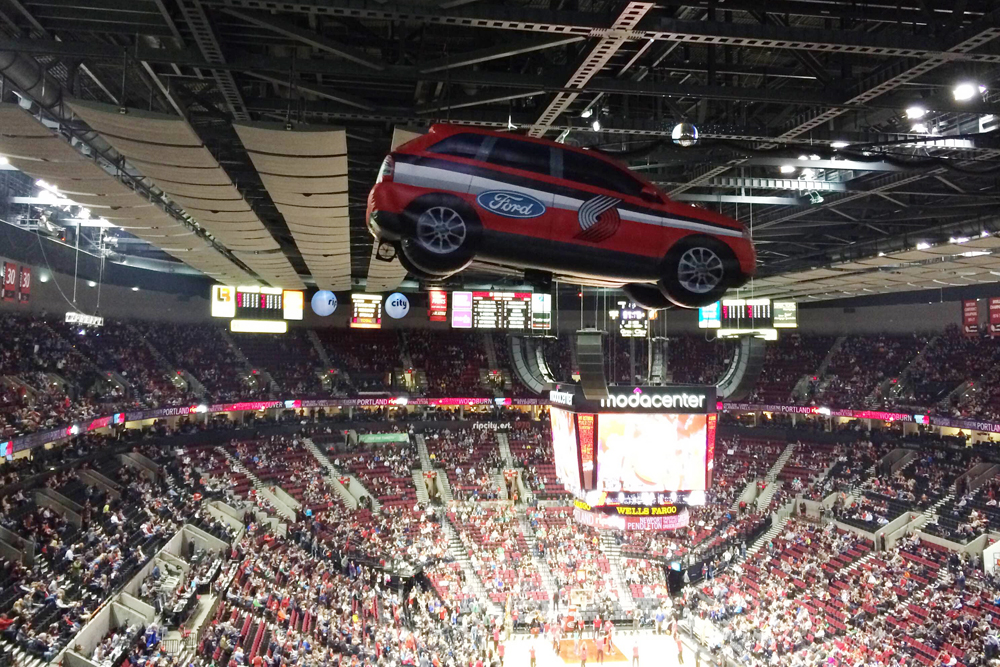As just one of Portland State’s Bring Your Kid to Campus Day festivities this past Friday, the Science Research and Teaching Center hosted a hidden gem of campus: a selective exhibit from the biology department’s Museum of Natural History.
The SRTC lobby, normally quiet, became a sea of green drawstring backpacks, strollers and light-up shoes from 11 a.m. to 1 p.m. Parents and their children hovered around four large tables displaying arachnids, insects, bird wing samples and marine mammal skulls, while biology department curators asked the audience questions. The kids fired their own curiosities back, their faces lighting up when they guessed a correct answer.
In the middle of explaining how sea lions move into the Astoria area at this time of year, PSU biology professor Dr. Deb Duffield said this was the museum’s first appearance at Bring Your Kid to Campus Day.
“It seems to be a great success,” Duffield said. “They’ve organized it really well.”
Meanwhile, Jessica Szabo, a biology graduate student, offered some background on the museum itself while working at the insect table.
Szabo explained that many of the invertebrate species, especially the insects, are collected locally. A neighboring curator added that most of the museum’s specimens represent species of the Pacific Northwest. Some of the larger specimens, like the marine mammals, are roadkill or organisms washed up on the Pacific coast, but many of the collections are actually from the 1950s and ’60s.
“The museum has both invertebrate and vertebrate specimens,” Szabo said. “What we have here today is a very small percentage of what the museum has.”
The small exhibit’s display was expansive enough, but the whole museum’s inventory is even more so. According to the museum’s website, the collection has 380 mammal species, 665 fish species and over 10,000 invertebrate organisms preserved and catalogued. The museum also has an herbarium, with about 11,000 plants and 500 fungi specimens.
The Museum of Natural History is primarily used for research purposes within the biology department, but it also provides visual reference for art students. Typically the collection is not available for public access, but it is displayed at events like Bring Your Kid to Campus Day, the start-of-year Portland State of Mind celebration and other occasions to get the PSU community excited about natural science.





